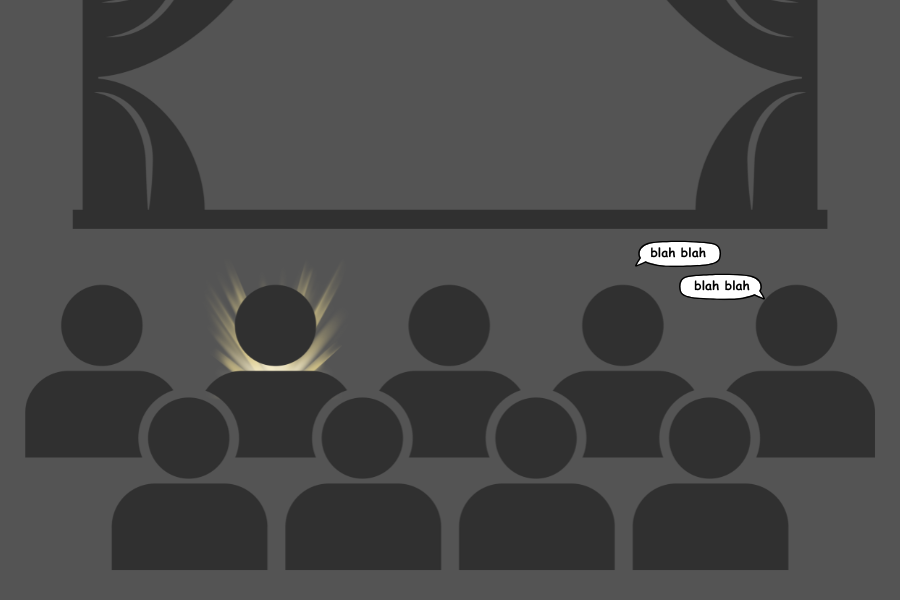
To submit a letter to the editor, email [email protected].
On Tuesday night, SGA President Karine Kanj released a letter sent by Provost Julie Sandell in response to the unanimously passed resolution regarding the implementation of a Pass/Fail grading system for Fall 2020 due to the COVID-19 pandemic, in which it was ultimately denied despite overwhelming support from the student body.
Suffolk’s mission statement mentions opportunity, if the university takes student’s opportunities seriously, the decision to deny Pass/Fail needs to be reconsidered and potentially reversed, as many students have been angered and dismayed by this decision hours after its release.
Kanj posted a poll on her Instagram, which asked for thoughts on the decision to deny Pass/Fail. Kanj also reposted responses anonymously. One response expressed, “All online classes are weighing heavy on my mental health. Pass/Fail would be so good.”
Another response had said, “I really disagree with them [the university]. Yes circumstances are different, but now they are…worse.” Along with this, a major response was “I do not know a single kid who isn’t on the brink of a nervous breakdown at this point.”
A poll conducted by SGA’s academics committee starting on Oct. 29 generated results that a staggering 89.4% of people who responded (over 700 responses total) would utilize a Pass/Fail option, and 50.6% said that they would use this option for only a few of their classes.
Many students share collective thoughts that the opportunity for a Pass/Fail, not only would relieve the stress of dealing with the burden of worrying about passing their classes and having a good GPA, but also would allow students to make the educated option on their own to Pass/Fail classes at their own discretion.
Students also have the opportunity to reach out to their advisors for additional insight on this decision, where if they have plans to attend graduate school, or any other forms of higher education, their advisors can point them in the right direction on how to use this system.
Students are also facing a financial burden this semester, as many have been forced to take on additional jobs, loans, or even leave the university to cope with the hardships the pandemic has brought. Some students that have remained on campus require a GPA for merit/financial based awards and scholarships. For those who require these types of financial help, a semester where online learning is the only option, this is hindering their education.
In addition to this, a drop in GPA for some of these students, it would also mean that they would not be able to afford to return to the University. It is important to note a significant number of Suffolk students are having to choose between going to classes, completing work on time or going to work to be able to afford these added financial burdens in the wake of COVID-19. This is astronomical, and an education should not have to be sacrificed for the cost of getting said education.
To think that a university that is outspoken about ensuring the best for their students is denying the entire student body the option to a Pass/Fail system discredits their word, and makes students wonder if school is right for them. Many students are seriously considering taking a semester off, or pursuing the rest of their degree elsewhere, where they feel they will get more value in their education, as well as their voices heard.
In a time where transparency and understanding is key, we are not following through with this promise. The University is treating this as a business and not a learning institution which fosters a healthy, promising education.
Along with this, tuition prices were not dropped to reflect the online format of classes, when there should have been a decrease in tuition not an increase.
Some students have also expressed anger at the stagnant tuition cost and the lack of a Pass/Fail option by being verbally open about not donating to the University as alumni, knowing their requests are reasonable. Why would anyone want to give money to an institution that has actively ignored their educational needs?
Leading their discussion on not having this option, some school administrators have said that the reasoning for these decisions are because the teachers are trying to deliver the same education, when in reality that just is not possible. Sitting at a location in your home is not the same as sitting in a classroom and actively participating in a class. Reliable internet connection is not the reality for everyone either, which can affect one’s ability to participate in real-time.
Furthermore, despite it being against school policy to keep your camera on, a multitude of professors are marking students down even if they are taking part verbally.
As the university says that online education is comparable because we are still being taught by Suffolk professors, yet they are also struggling to adjust to fully online platforms. This has inevitably changed most of their teaching styles and as well as their ability to host effective office hours. This is leading to unorganized instruction overall, leaving students confused and frustrated, especially those self-advocating for more help. All of these things point to the same conclusion: that online learning is not the same and is less beneficial for everyone involved.
A major draw to the university is its diversity, global community, and claims of accessibility towards international students looking for higher education in the United States. As reported by the New York Times, “the loss of international students could cost universities millions of dollars in tuition,” as these pupils have felt ignored and are struggling even more so, as professors have continuously forgotten to record classes for those who cannot attend due to time zone differences.
This should not be the case, as these students are not even able to access the education they are paying for, and professors should not be forgetting that they need to record their class sessions this late in the semester.
The university prides themselves on having one of the highest international student populations in the United States, yet is neglecting the fact they are the ones facing some of the most adversity academically.
To the administration that is reading this, it is time to step up, and acknowledge that not only is this necessary, but it needs to happen for all students at Suffolk, and to the student body; continue to speak up, we need to let our administration know that our voices carry, and they matter.











